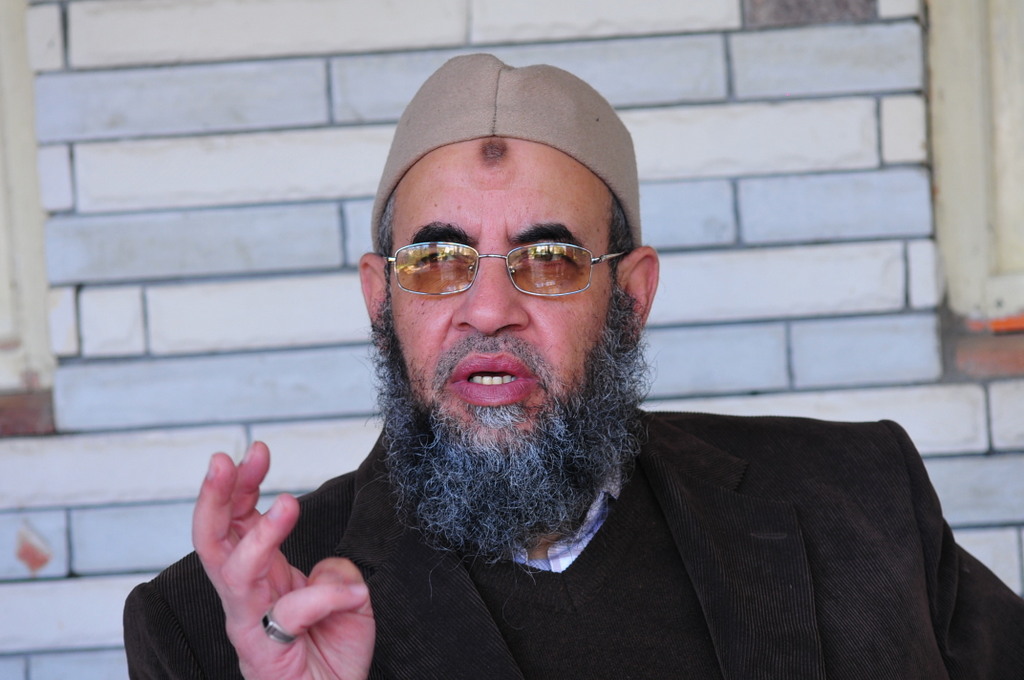BEIRUT: Lebanon, a tiny, vibrant Mediterranean country, prides itself on its polyglot society but for the country s youths native Arabic is not very cool.
Hi, kifak? Ca Va? ? or Hi, how are you doing? Okay? ? is a typical multi-linguistic Lebanese greeting so popular it now appears on bumper stickers and tee-shirts sold around the world.
English and French often replace the local dialect in conversation, especially among the urban youth, and one organization has launched a campaign to preserve Arabic in Lebanon.
Arabic is still very much alive as a language, but young people are moving farther and farther away from it, said Suzanne Talhouk, who heads the organization Fael Ummer (Imperative) which is running the campaign.
Some of our youngsters are incapable of writing correctly in Arabic, and many university students we interviewed were not even able to recite the alphabet, Talhouk told AFP.
Urban youths are often unable to hold a conversation in one language, causing amusement but also irking those around them with such home-grown expressions as the popular farewell: Yalla, bye.
At my school it s more cool to speak French. Arabic is looked down upon, said high school student Nathalie.
On Thursday the Tunis-based Arab Organization for Education, Culture and Science decided to set aside March 1 of each year to celebrate the Arabic language.
A statement from the organization said the move was an attempt to preserve the heritage of the Arab nation in the face of globalization.
The message was heard loud and clear in Lebanon, which was once the Francophone hub of the Arab world.
The country of four million was under French Mandate from 1920 until its independence in 1943, and it is still widely considered the most Western country in the conservative Middle East.
In Lebanon most schools teach Arabic, French and English to their students from a young age, and the education authorities allow students with dual nationality to waive Arabic classes and government examinations.
Having a second language is an asset, provided students do not forget their native language, said Talhouk.
Experts are divided on who should shoulder the responsibility, with some blaming schools which they say have placed Arabic at the bottom of the educational pyramid.
Schools often treat Arabic as a secondary subject, says Henri Awaiss, who heads the department of translation at Saint Joseph University in Beirut.
Also, students are bored because of the way classes are taught, Awaiss told AFP. We have to open the door to more creative teaching methods, he said.
But some teachers say the problem starts at home.
Many parents tend to speak to their children in English or French, said Hiba, who teaches Arabic at a primary school.
The problem is that I find myself teaching six-year-olds who do not speak their own language and who are utterly shocked by formal Arabic, which differs from spoken Arabic, she added.
According to Talhouk some parents even request teachers address their children in French or English if they do not understand Arabic.
It s sad. One shouldn t be ashamed of their language, she said.
And with the internet age in full swing, writing in Arabic is no longer fashionable among the young, Talhouk said.
Arabic today is a sort of Facebook Arabic .
The Lebanese have even devised a web-friendly script for their dialect, using Latin font. Numbers such as 2, 3, and 7 are used to represent Arabic phonetic sounds that do not exist in English or French.
The United Nations cultural body UNESCO designated Beirut World Book Capital of the year (April 2009-April 2010). But reading, generally not a popular activity in Lebanon, is even less popular in Arabic.
I don t read Arabic novels because they don t speak to the youth, said Bilal, a Lebanese university student studying television broadcasting.
Leila Barakat, who manages the World Book Capital program, stressed the need for more modern Arabic texts that address the new generation.
We must support and encourage Arabic literature for young adults, which is today underdeveloped, Barakat told AFP.
Talhouk insisted that Lebanon should invest in preserving the nation s cultural and literary heritage, as well as develop Arabic technological and scientific terms.
Young people should feel that this beautiful language speaks to them too, that it is of their day and age, she said.


